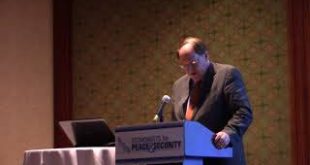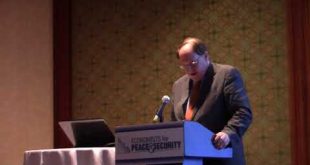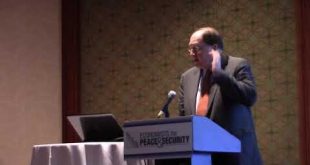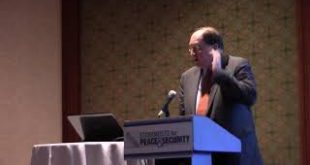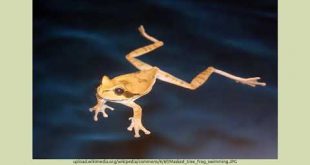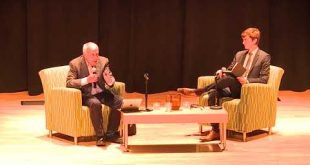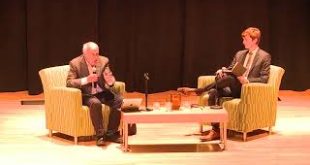Read More »
EPS Dinner in honor of Robert Skidelsky, January 4, 2015 Part II mp4
EPS Dinner in honor of Robert Skidelsky, January 4, 2015 Part I
EPS Dinner in honor of Robert Skidelsky, January 4, 2015 Part I
Robert Skidelsky (economist)
'''Richard M. Goodwin''' ( February 24, 1913 - August 13, 1996 ) was an American mathematician and economist. All text, either derivative works from Wikipedia Articles or original content shared here, is licensed under: Creative Commons Attribution-ShareAlike 3.0 Unported License A full list of the authors of the original content can be found in the following subdomain of wikipedia, here: https://en.wikipedia.org/wiki/Robert_Skidelsky_(economist) (Economists: Post Keynesian...
Read More »Robert Skidelsky (economist)
'''Richard M. Goodwin''' ( February 24, 1913 - August 13, 1996 ) was an American mathematician and economist. All text, either derivative works from Wikipedia Articles or original content shared here, is licensed under: Creative Commons Attribution-ShareAlike 3.0 Unported License A full list of the authors of the original content can be found in the following subdomain of wikipedia, here: https://en.wikipedia.org/wiki/Robert_Skidelsky_(economist) (Economists: Post Keynesian...
Read More »Resurrecting Creditor Adjustment
With all the protectionist talk coming from US President Donald Trump’s administration, it is surprising that no one has mentioned, much less sought to invoke, an obvious tool for addressing persistent external imbalances: the 1944 Bretton Woods Agreement’s “scarce-currency clause.”That clause, contained in Article 7 of the agreement, authorizes countries, “after consultation with the [International Monetary] Fund, temporarily to impose limitations on freedom of exchange...
Read More »Lord Robert Skidelsky – Conversation with Zach Carter
SATURDAY, SEPTEMBER 23, 2017 | 5:30 PM - 7:30 PM | |UMKC STUDENT UNION THEATER Lord Robert Skidelsky Lord Robert Skidelsky is Emeritus Professor of Political Economy at the University of Warwick. He is also a director of the Moscow School of Political Studies and was the founder and executive secretary of the UK/Russia Round Table. Since 2002, he has been chairman of the Centre for Global Studies. In 2010, he joined the Advisory Board of the Institute of New Economic Thinking. From 1953 to...
Read More »Lord Robert Skidelsky – Conversation with Zach Carter
SATURDAY, SEPTEMBER 23, 2017 | 5:30 PM - 7:30 PM | |UMKC STUDENT UNION THEATER Lord Robert Skidelsky Lord Robert Skidelsky is Emeritus Professor of Political Economy at the University of Warwick. He is also a director of the Moscow School of Political Studies and was the founder and executive secretary of the UK/Russia Round Table. Since 2002, he has been chairman of the Centre for Global Studies. In 2010, he joined the Advisory Board of the Institute of New Economic Thinking. From 1953 to...
Read More »Bloomberg interview on central bank independence and European politics
Bloomberg interview on central bank independence, and the role of monetary and fiscal policy 20 years after the Bank of England was made independent; followed by a discussion about European politics and the future of the European Union after the recent election in Germany. The interview starts after about 1 minute and continues until about 17 minutes 40 seconds in: Comments:There are no comments for this entry...
Read More » Robert Skidelsky
Robert Skidelsky

